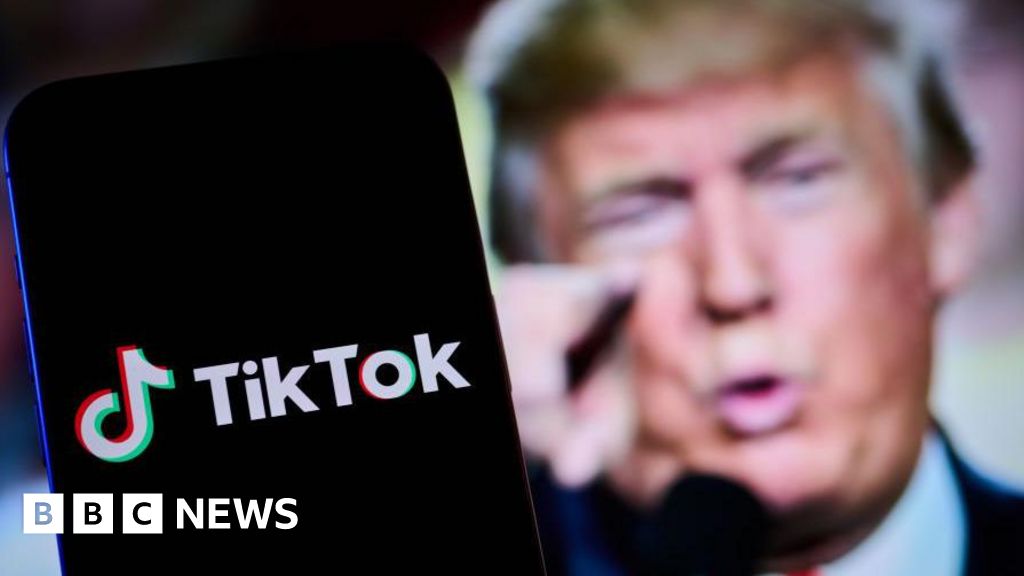
The Supreme Court did not grant a last-minute stay to TikTok.
If the popular social media site is to continue operating in the United States, it will have to be a politician or businessman who saves it, not a judge.
Politicians — forced to balance national concerns about China with TikTok’s massive U.S. user base — are taking notice. This includes the incoming president, who is both a politician and a businessman.
Shortly after the Supreme Court’s decision, President-elect Donald Trump posted on Truth Social that he would review the situation but that everyone must respect the Supreme Court’s decision.
“I will make a decision regarding TikTok in the near future, but I must have time to review the situation. Stay tuned!” he said.
Trump’s legal team has stepped in while the case is before the Supreme Court, asking the justices to delay the ruling to give him time to find a solution.
“Only President Trump possesses the unblemished dealmaking expertise, electoral mandate and political will to negotiate a rescue plan for the platform,” the brief reads.
They didn’t get their wish, but several Trump aides have since raised the possibility of a presidential executive order delaying the ban on Monday afternoon. Trump also had a phone call with Chinese President Xi Jinping and brought up the topic of TikTok.
Trump is filling his foreign policy team with China hawks like Marco Rubio and Michael Walz — who represent the popular view on the right that the Chinese Communist Party is not just an economic rival, And they are geopolitical rivals.
But Trump has also spent the past year working to win over social media influencers and their young followers, many of whom are loyal fans of TikTok.
If the incoming president can finally find a way to satisfy national security concerns while keeping TikTok operational in the United States, it would provide him with an opportunity to score an early political victory in his second term and be celebrated by TikTok’s loyal users. .
The Biden administration seems happy to leave the TikTok issue to the incoming president.
The company quickly issued a statement in response to the court’s ruling, emphasizing that the goal of the law was not to ban TikTok but to force its sale to U.S. ownership. However, as expected, the outgoing Democratic president left enforcement of the ban to Donald Trump, who will take office at noon on Monday.
In its unsigned and undissented opinion, the Supreme Court avoided engaging in such political calculations. The justices sided with a lower court, upholding the constitutionality of a law that could have banned the popular social media service if it wasn’t on sale by midnight Sunday.
While the court’s opinion was narrow — the justices acknowledged they were under time pressure in making the decision — it firmly established that the constitutional protections for free speech contained in the First Amendment to the U.S. Constitution cannot save TikTok.
In fact, the justices found that Congress’s rationale for protecting national security by preventing adversaries from collecting vast amounts of data on tens of millions of American users required a lower threshold for review of a TikTok ban than laws that directly regulate speech. content.
The court sidestepped other thorny questions — such as whether concerns about China’s influence on TikTok’s algorithm justified a ban. But it is expected to come up in future policy debates in Congress.
With the court’s ruling, TikTok has exhausted its last legal options to avoid a ban from taking effect. For Trump, however, the TikTok ban was his first presidential crisis and his first political opportunity.






